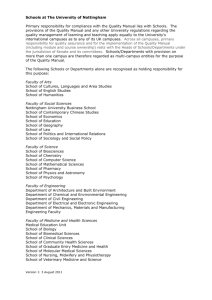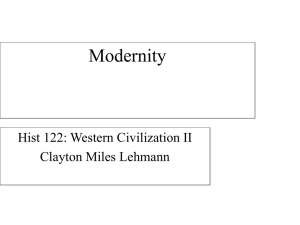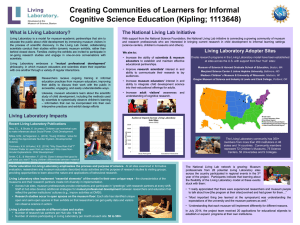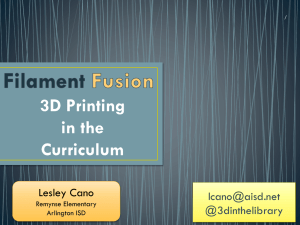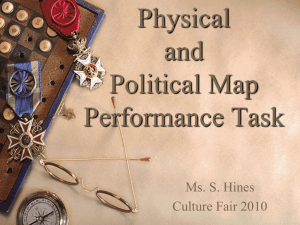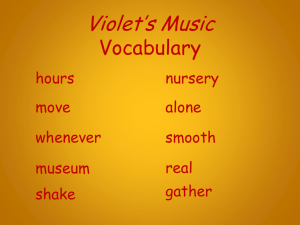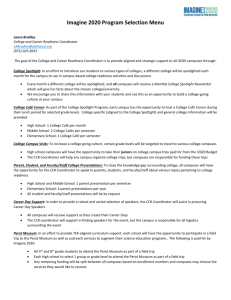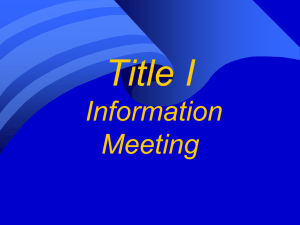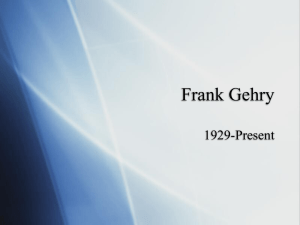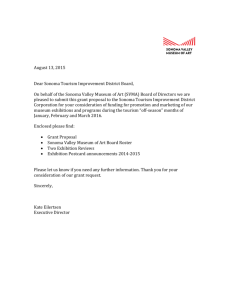STATE BOARD OF EDUCATION – TOPIC SUMMARY
advertisement
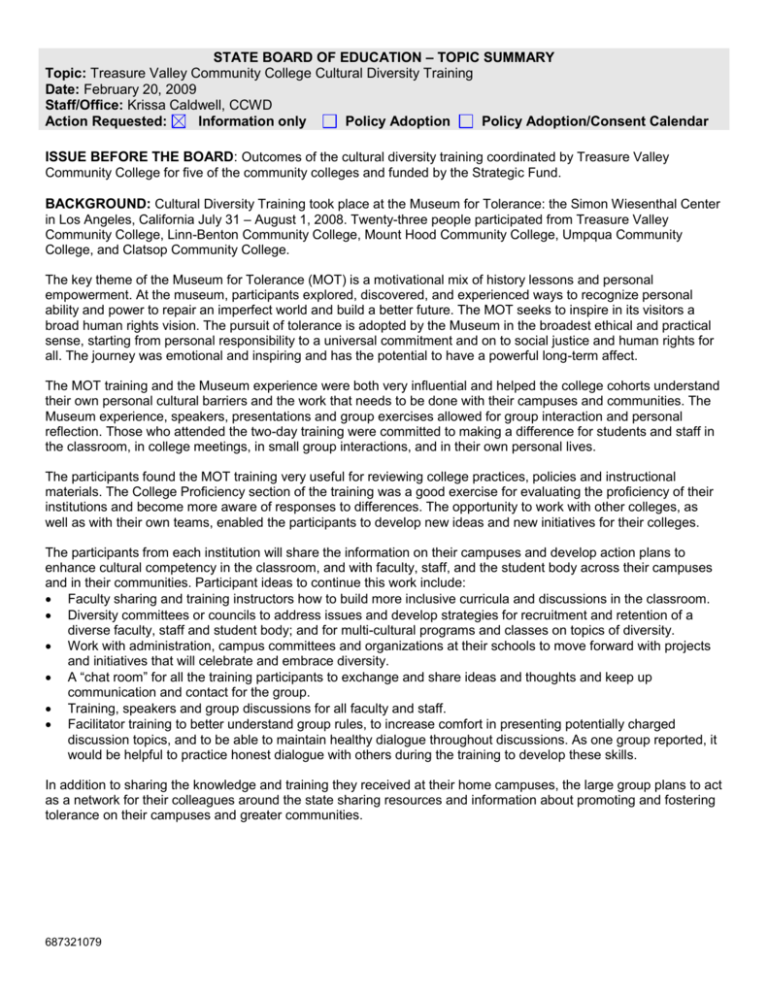
STATE BOARD OF EDUCATION – TOPIC SUMMARY Topic: Treasure Valley Community College Cultural Diversity Training Date: February 20, 2009 Staff/Office: Krissa Caldwell, CCWD Action Requested: Information only Policy Adoption Policy Adoption/Consent Calendar ISSUE BEFORE THE BOARD: Outcomes of the cultural diversity training coordinated by Treasure Valley Community College for five of the community colleges and funded by the Strategic Fund. BACKGROUND: Cultural Diversity Training took place at the Museum for Tolerance: the Simon Wiesenthal Center in Los Angeles, California July 31 – August 1, 2008. Twenty-three people participated from Treasure Valley Community College, Linn-Benton Community College, Mount Hood Community College, Umpqua Community College, and Clatsop Community College. The key theme of the Museum for Tolerance (MOT) is a motivational mix of history lessons and personal empowerment. At the museum, participants explored, discovered, and experienced ways to recognize personal ability and power to repair an imperfect world and build a better future. The MOT seeks to inspire in its visitors a broad human rights vision. The pursuit of tolerance is adopted by the Museum in the broadest ethical and practical sense, starting from personal responsibility to a universal commitment and on to social justice and human rights for all. The journey was emotional and inspiring and has the potential to have a powerful long-term affect. The MOT training and the Museum experience were both very influential and helped the college cohorts understand their own personal cultural barriers and the work that needs to be done with their campuses and communities. The Museum experience, speakers, presentations and group exercises allowed for group interaction and personal reflection. Those who attended the two-day training were committed to making a difference for students and staff in the classroom, in college meetings, in small group interactions, and in their own personal lives. The participants found the MOT training very useful for reviewing college practices, policies and instructional materials. The College Proficiency section of the training was a good exercise for evaluating the proficiency of their institutions and become more aware of responses to differences. The opportunity to work with other colleges, as well as with their own teams, enabled the participants to develop new ideas and new initiatives for their colleges. The participants from each institution will share the information on their campuses and develop action plans to enhance cultural competency in the classroom, and with faculty, staff, and the student body across their campuses and in their communities. Participant ideas to continue this work include: Faculty sharing and training instructors how to build more inclusive curricula and discussions in the classroom. Diversity committees or councils to address issues and develop strategies for recruitment and retention of a diverse faculty, staff and student body; and for multi-cultural programs and classes on topics of diversity. Work with administration, campus committees and organizations at their schools to move forward with projects and initiatives that will celebrate and embrace diversity. A “chat room” for all the training participants to exchange and share ideas and thoughts and keep up communication and contact for the group. Training, speakers and group discussions for all faculty and staff. Facilitator training to better understand group rules, to increase comfort in presenting potentially charged discussion topics, and to be able to maintain healthy dialogue throughout discussions. As one group reported, it would be helpful to practice honest dialogue with others during the training to develop these skills. In addition to sharing the knowledge and training they received at their home campuses, the large group plans to act as a network for their colleagues around the state sharing resources and information about promoting and fostering tolerance on their campuses and greater communities. 687321079

